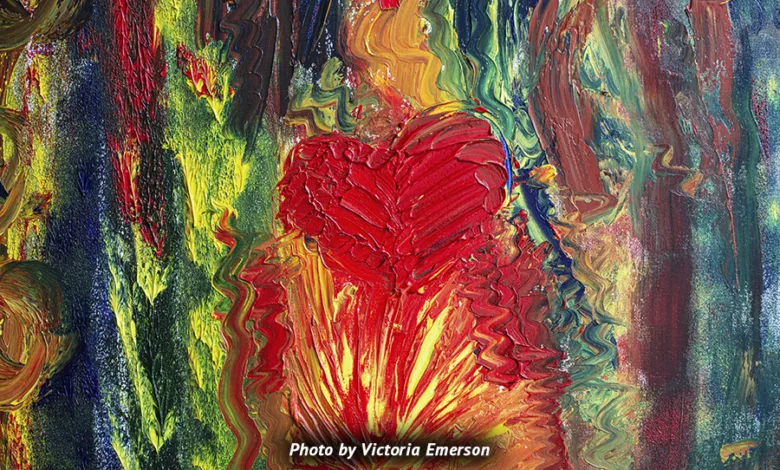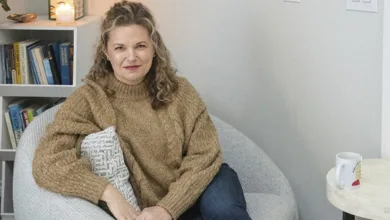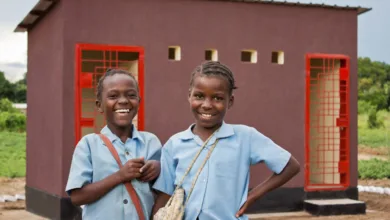Finding Grace in the Heart of a Women’s Prison

I was sent to a maximum-security women’s prison for four days.
When a friend asked me to join Kairos — an international prison outreach program — I said, “Why not, I have the time!” (Pun intended.)
Besides, I like to stretch myself. I want to learn how to be more human from the experience of others. Too many of us are shackled by political, societal, and cultural beliefs that harden us. We cannot or will not entertain the lives of others around us, ensuring we build our own kind of personal prison.
Kairos prepared us for the visit, but I still tried to be present in the moment and to shed any preconceived ideas about prison life I had.
The Ohio Reformatory for Women houses 2300 prisoners. Its original building has many similarities to the prison used in the movie The Shawshank Redemption. In that movie, the hero spends 19 years digging a tunnel and eventually escapes from prison. At ORW, digging a tunnel is not an option. Judicial review (parole) is, but it still may take 19 years or better to achieve.
Only 30 prisoners were selected to participate in the program from the hundreds who’ve applied for it multiple times. Those 30 were to be our guests over the course of the extended weekend. We saw to their every need — food to eat, shoulders to cry on, laughs to share — as we developed a community together.
Our goal was to help them continue such a supportive community when we left. During our time, together, they were more than just inmates. They were people who ate, sang, danced, listened to speakers, and discussed life’s issues.
Although we never asked any of them why they were there, bits and pieces of their stories came out. Someone’s child died from neglect while she was on meth and heroin. Violence played a part in a life sentence for someone else. Many entered incarceration with a history of abuse, trauma, and mental health issues.
Although prison life is meant both to punish and rehabilitate, I experienced only rehabilitation — of me! I learned that those both inside and outside of prison share more bonds than differences.
Separation from children and loved ones creates debilitating loneliness, no matter where you are. The loss of material possessions is meaningless. The loss of a parent or child is — especially when you cannot say goodbye. When others mentally or emotionally abuse us, we grow guarded. But, despite the pain, we also grow creative — we write, paint, sing dance, and become actors in whatever role assigned to us.
Most of all, we want to be touched, hugged, and feel listened to. We want to be seen for who we are and not just for the destruction we sometimes leave in our wake. There are places in our hearts we don’t even know exist until we put ourselves in someone else’s shoes.
Maybe these women found those grace-filled places over the weekend.
I know I did.





